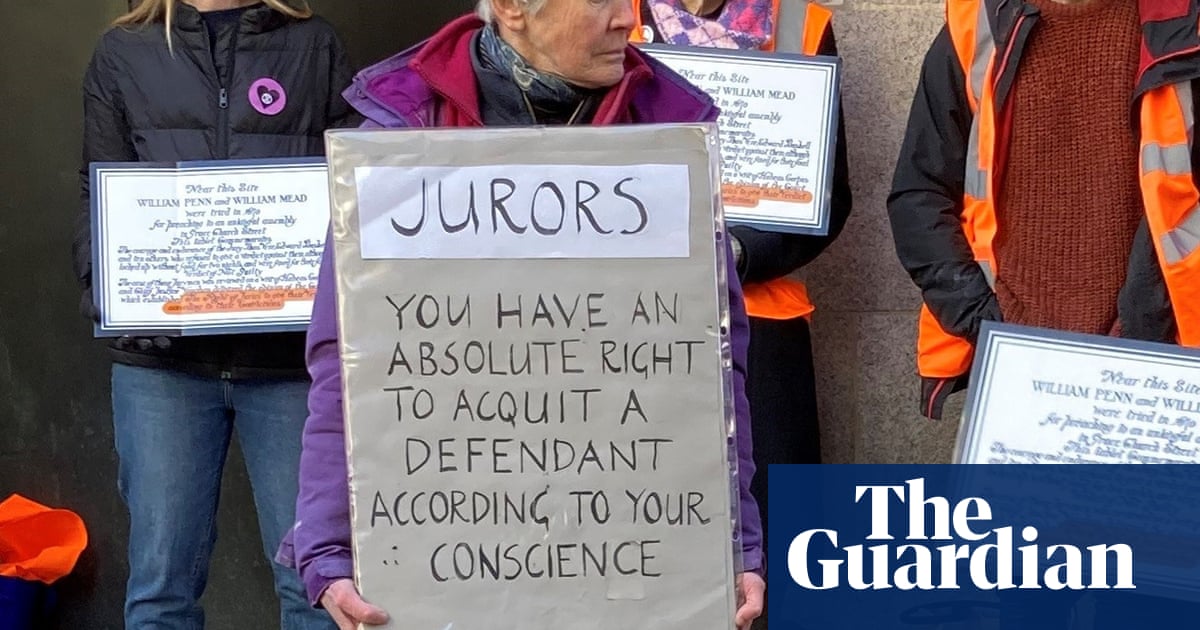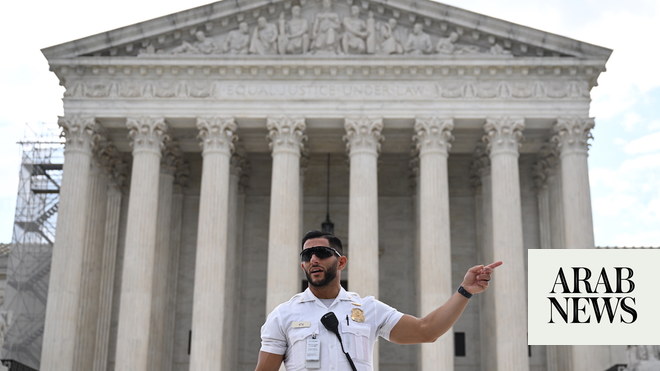
The Equality and Human Rights Commission is a referee rather than a side-taker in the debate on whether transgender rights affect women’s legal protections, Scotland’s highest court has heard.
The equalities watchdog was making a submission on the second day of a judicial review brought by the gender-critical campaign group For Women Scotland, which is challenging Scottish government attempts to include transgender women in legislation aimed at improving gender balance on public boards.
Speaking for the commission at the court of session in Edinburgh, Jonathan Mitchell KC said that suggestions by For Women Scotland that the watchdog was “lining up” with one party were not correct. He told Lady Haldane: “It is regrettable that [the EHRC] is seen as partisan in this but probably inevitable for this debate which – stepping back from this case – has aroused very strong passions on all sides.”
The commission has previously attracted criticism from LGBTQ+ equality campaigners for its interventions on Scottish government plans to simplify the system by which transgender people can change the sex recorded on their birth certificate, currently being debated in Holyrood.
The EHRC was named as an interested party in the judicial review of the Gender Representation on Public Boards (Scotland) Act 2018. Its advice on single-sex spaces was referred to by the Scottish government in revised guidance for the act that the definition of “woman” should include transgender women with a gender recognition certificate (GRC). The legality of this guidance is what For Women Scotland is disputing.
On Wednesday, Aidan O’Neill KC, for the campaign group, said the court of session’s ruling would have significant implications for the Scottish government’s current gender recognition reforms as well as protection of single-sex spaces across the UK.
But on Thursday, both the Scottish government and the EHRC argued that the case turned not on the implications for pending legislation but a narrow point of law.
Ruth Crawford KC, for the Scottish ministers, told the court the guidance was indeed lawful.
Crawford said it was clear that the UK parliament had intended the 2004 Gender Recognition Act to enable a person to legally change their sex “for all purposes” and that person would then be entitled to the protection of sex under the Equality Act 2010.
“For Women Scotland are wrong to argue that sex is a matter of fact, not of law. The construction of words in a statute is self-evidently a question of law … we are giving the words in [the GRA 2004] their plain and ordinary meaning.”
She said there was no conflict between the Gender Recognition Act and the Equality Act, which consolidated UK anti-discrimination law, nor did the 2004 law become redundant or somehow repealed by the 2010 law.
Lady Haldane will now consider her judgment.
The case concluded as the Scottish parliament published 150 proposed amendments to its gender-recognition reform proposals, which will now be scrutinised by Holyrood’s equalities committee.












